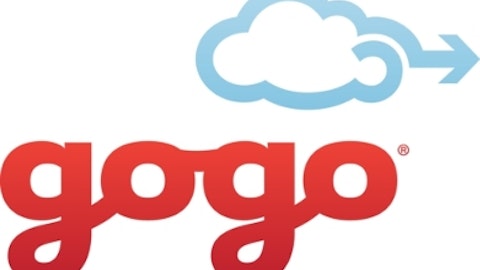 The old saying that death and taxes are the only certainties in life should include a third certainty.
The old saying that death and taxes are the only certainties in life should include a third certainty.
Eventually, every one of us is going to pay bank fees.
No matter how careful you are with your finances or how much effort you put into switching banks to avoid fees, eventually you will be hit with some kind of fee. It’s one of the prime reasons that banks have become such financial powerhouses in the United States.
Sometimes these fees can be ridiculous. A friend of mine — an accountant, no less — recently had an episode in which the direct deposit to his checking account was delayed for a week. Not knowing the money wasn’t available, he paid his major bills then started using his debit card for everyday small expenses like coffee and lunch.
Suddenly, his card was rejected at a sushi shop. Calling his bank, he discovered he was overdrawn by $900 — with $530 of the overdrawn amount due to overdraft and insufficient fund fees. Needless to say, this made him tremendously upset, as it was through no fault of his own that a glitch had delayed the direct deposit.
My friend explained the situation to his personal banker at the local branch. He was credited back half of the fees, but he was warned that the credit was a one-time courtesy and that it wouldn’t be granted again. Needless to say, my friend promptly switched banks and feels pretty bitter toward his original bank.

My friend isn’t alone in his negative feelings toward his bank. A recent study by management consultancy CG42 revealed that these negative feelings may have an extremely negative effect on the bottom lines of the top 10 banks. CG42 surveyed nearly 3,700 customers and used the Brand Vulnerability Index (BVI) to measure consumer sentiment with each financial institution.
The survey found that 26% of bank customers are not happy with their current institution. Among the top 10 banks, this level of dissatisfaction equates to a projected total of $627 billion in consumer deposits being in play — that is, at risk of being pulled out of those banks. Out of that amount, $92 billion is expected to exit the coffers of the top 10 in the next year — along with $5 billion in revenue.
Where’s this money going to go? Clearly, it’s not going into consumer’s mattresses, and the majority will not be flowing to offshore institutions. The majority of these funds is likely to go into small regional banks and credit union-type institutions (such as one regional bank I’ll be writing about this week).
Do investors need to worry about this potential capital shift among and out of the top 10 U.S. banks? Let’s take a closer look at the study and the technical picture of the best, worst and the middle of the list.
The study ranked the most vulnerable banks in this order:
This list indicates that Citigroup Inc (NYSE:C) scored the worst in terms of the Brand Vulnerability Index. This means Citibank is expected to lose the most in deposits over the next year. TD Bank scored the best, meaning TD would be the least negatively affected by consumer frustrations and shifting deposits. In other words, TD has the least consumer dissatisfaction among the banks on the list, and Citibank has the most.
A look at the technical picture of Citibank reveals a near-perfect double top on the daily chart at $53. Price is descending from the far right top; support exists in the $45 range. Given the BVI ranking and the bearish chart pattern, I would avoid this stock unless resistance at $53 gets taken out on a daily close.

Choosing Capital One Financial Corp. (NYSE:COF) as an example of the middle of the BVI rank, it has been trending strongly upward since mid-April. However, resistance has been hit in the $69 range. This is a very bullish chart pattern and buying on a daily break out close above $69 makes technical sense.

Not surprisingly, the best-ranked bank on the BVI shows the most bullish chart pattern. Toronto-Dominion Bank (USA) (NYSE:TD) has also been trending sharply upward since June 24. The chart says there is more upside to go thus buying now at $86 makes sense.

Risks to Consider: The BVI study is only a snapshot of consumer banking sentiment. It should not be used by itself as a decision tool. In addition, the numbers cited are projections, and not fact. Regardless of the issues, the study does provide a starting point and guidance for starting your own research. Always consider the current fundamental and technical picture of stocks you’re thinking about buying. In addition, always use position size and stop-loss orders properly.
Action to Take –> With reference to the technical picture and the BVI study, avoiding Citibank and buying TD Bank makes sense right now.
P.S. — Banks might soon have a lot more than upset customers to worry about. Apple just made a little $256 million move that could have huge consequences on your wallet. Click here to find out how the tech giant is threatening the entire banking industry.
– David Goodboy
The article Hate Bank Fees? Own Any Bank Stocks? Read This Now originally appeared on StreetAuthority and is written by David Goodboy.
David Goodboy does not personally hold positions in any securities mentioned in this article. StreetAuthority LLC does not hold positions in any securities mentioned in this article.






